(adapted from the original 2012 post)
Alex Hoffman, who tweets as @thatguyalex, runs the Metro Toronto Book Club and is the owner of many signed books and even more opinions. With the approach of the Giller announcement this evening, he asked if he could do a guest post. The floor is his. . .
With the imminent announcement of either Crooked Maid or Cataract City as the 2013 winner, I decided to ruminate on some Giller questions through a guest post here on EditorialEyes.
Do Giller Winners become popular reads?
One of the more interesting aspects of running a book club with “book people” (editors, editorial staff, production types) is how hyper-aware I have become of the various major book awards given out in Canada and beyond.
I used to trawl the Man Booker and Giller lists for book club suggestions. Now I have the long list, short list, and award nights in my calendar. I’ve gone from attending an occasional book signing to bookmarking every publisher’s event schedule and organizing my bookshelves into “signed,” “want to get signed,” and “sadly author has passed so I can’t get it signed” bookshelves. I probably go to more book signings than movies in the average year. In short, I am now in the book bubble.
What “book bubble,” you ask? The one that I suspect exists for Canadians who tweet in #canlit hashtags, the ones who schedule around the Giller prize announcement, and the ones who cannot conceive of the rest of the country ever asking the question “What’s a Giller?”
The Giller has 20 previous winners in its 19 year history (one year was a tie).
I’m considering Goodreads.com ratings in the numbers below: Rohinton Mistry’s A Fine Balance and Margaret Atwood’s Alias Gracerepresent 61% of the total number of ratings given out by readers to all 20 former winners. In other words, if we divide the books into A Fine Balance, Alias Grace, and Everything Else:
A Fine Balance – 60,621 Ratings
18 other winners – 59,981 Ratings*
Alias Grace – 35,187 Ratings
It would seem inarguable (assuming Goodreads is a reasonable representation of books read) that only two of the nineteen books have achieved a cultural significance where the odds of stopping somebody on the street and saying, “Have you read. . .” might lead to a response in the affirmative.
*Given that none of the five 2013 nominees has more than 240 ratings on goodreads, A Fine Balance will retain more ratings than all winners combined (aside from Alias Grace) when the winner is announced.
Does the Scotiabank Giller Prize reward great books?
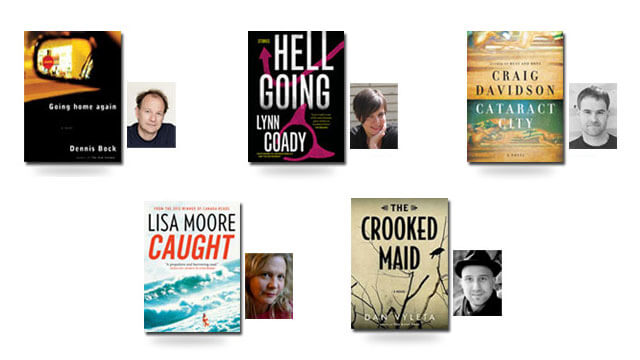
Every award show has its How Green Was My Valley (the 1941 Academy Award winner that beat out both Citizen Kane and The Maltese Falcon in one of hindsight’s biggest award gaffes). So I decided to look at the past Giller winners and see what the public (again through Goodreads.com) thinks about the 20 books that have won.
Rohinton Mistry, A Fine Balance 4.32
Mordecai Richler, Barney’s Version 4.14
Alice Munro, The Love of a Good Woman 4.11
Joseph Boyden, Through Black Spruce 4.06
Alice Munro, Runaway 3.99
Margaret Atwood, Alias Grace 3.93
Richard B. Wright, Clara Callan 3.8
M.G. Vassanji, The In-Between World of Vikram Lall 3.79
David Adams Richards, Mercy Among the Children 3.78
Will Ferguson, 419 3.65
Linden MacIntyre, The Bishop’s Man 3.64
Esi Edugyan, Half-Blood Blues 3.63
Bonnie Burnard, A Good House 3.57
Michael Ondaatje, Anil’s Ghost 3.51
M.G. Vassanji, The Book of Secrets 3.47
Elizabeth Hay, Late Nights on Air 3.43
Vincent Lam, Bloodletting and Miraculous Cures 3.37
David Bergen, The Time in Between 3.15
Austin Clarke, The Polished Hoe 3.13
Johanna Skibsrud, The Sentimentalists 2.63
Depending on your cut-off point, there is a reasonable argument to be made for the category “great” to encompass books with a rating of 3.78 and higher (9/19 of the Giller winners fit this definition). If your definition of “great” is a book with a rating of 3.9 or higher, only 6 of the 19 winners makes it. Only three are really low-rated books (Hoe, Time in Between, and Sentimentalists).
If you’re wondering, and I know you are, the five 2013 nominees are currently rated between 3.33 (Going Home Again) and 3.78 (Cataract City).
If you were looking for “great” then you’d probably want to divert to books that didn’t make the cut such as Ruth Ozeki’s A Tale for the Time Being (4.05 score, 5907 ratings) or Joseph Boyden’s The Orenda (4.45, 238 ratings).
Will you be watching?
Well, that’s what comment sections are for 🙂
You might also like:

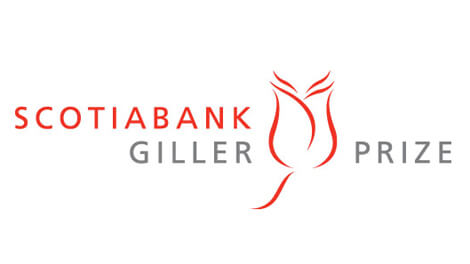
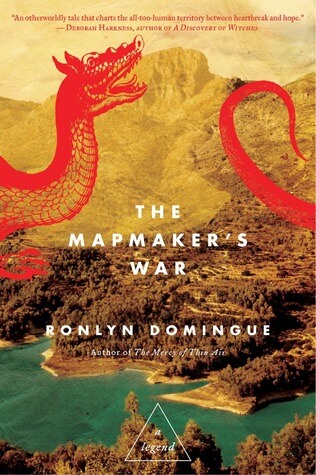
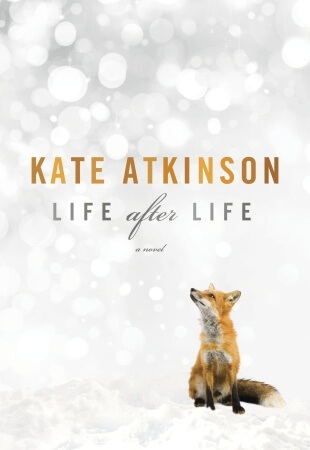
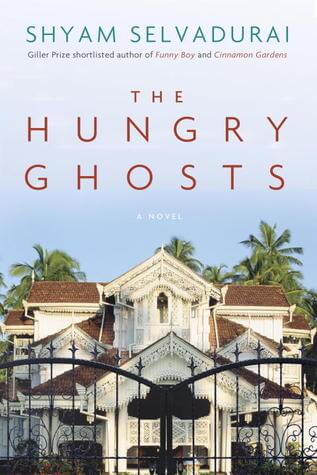
I loved this post! Well said. Also somehow I haven’t read Alias Grace yet. What is wrong with me?
Well, I’m one of Coady’s biggest fans, so I’m sitting pretty right about now, goodreads ratings be damned!